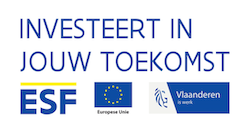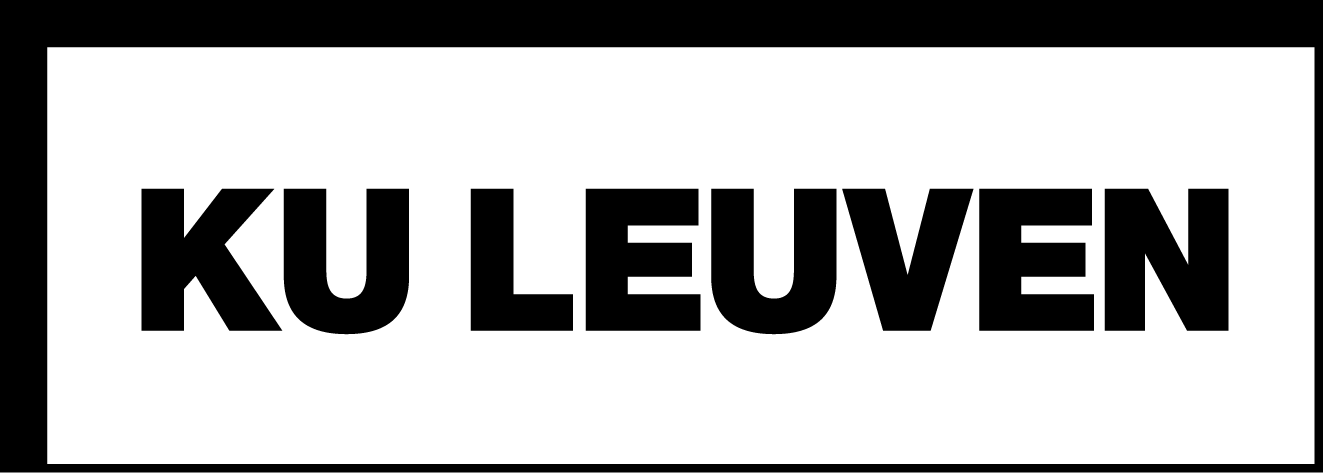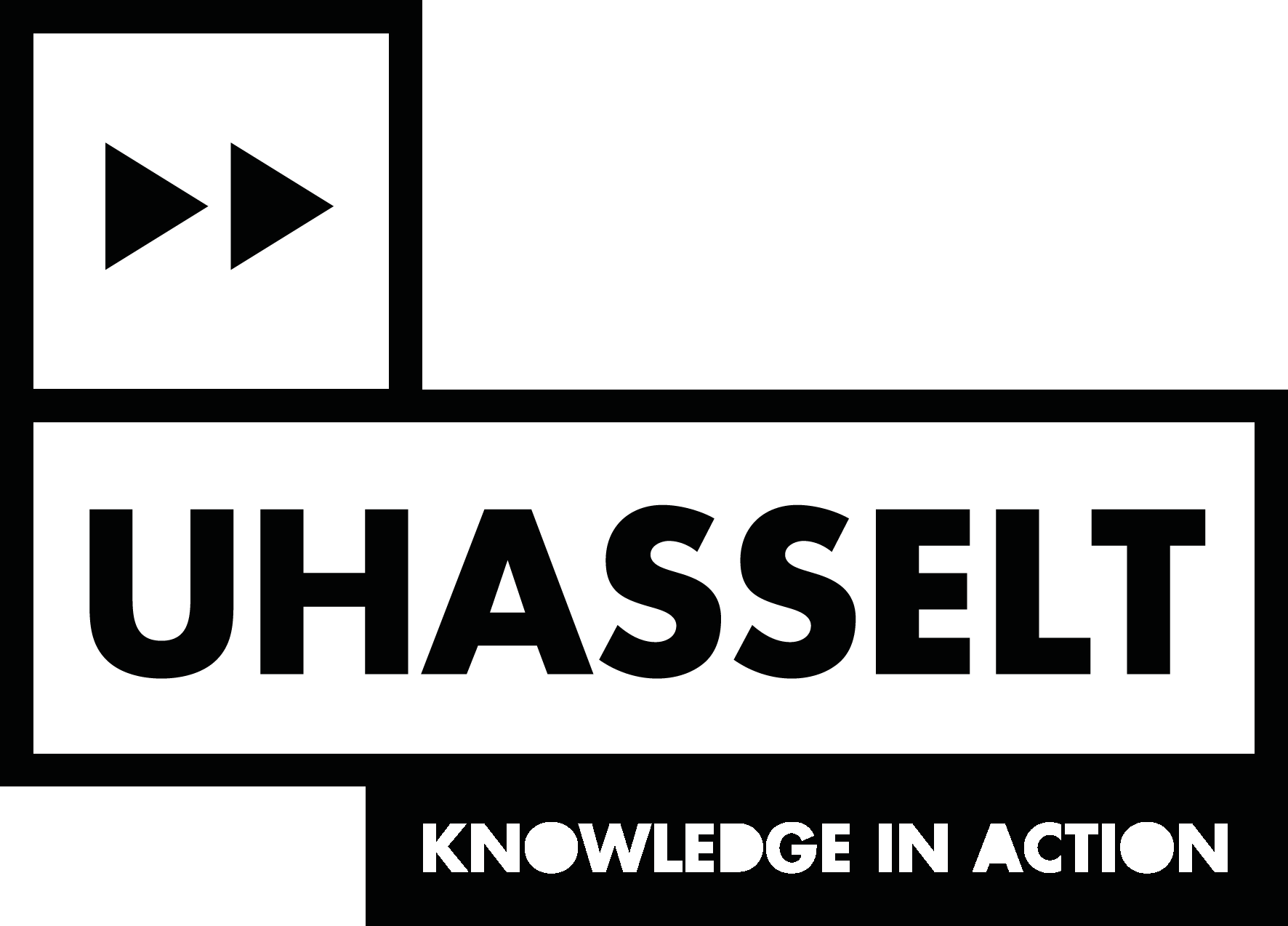University Education for Recognized Refugees
Two important elements to integrate you to the Flemish society and to make you feel home is first to speak Dutch and then to have a decent job. Enrolling to a study programme in a Flemish University can be a gateway to attain both.
In this regard, you can:
- Valorize your former education and professional experience in your home country, and upon completing required courses and credits, attain a master’s or higher diploma from a Flemish university that will enable you to exercise your profession in Belgium, or
- Start from scratch a new profession by enrolling in a bachelor’s program in a Flemish university.
Whichever option you want to go for, you should ensure to have:
- Relevant diplomas, transcripts and certificates that will allow university [programme selection board] to decide about your application,
- A language certificate attesting you master the language of instruction (Dutch or English) at B2 for general and C1 for language related programmes. (The requirements may change based on university, university college and faculty)
- For detailed information please go to Checklist for Study page

Flemish Higher Education System (Source: www.studyinflanders.be)
Application Evaluation and Placement
Flemish universities evaluate admission applications by refugees just like other applications by foreign students unless they submit files with missing elements. Based on pre-qualifications required for the targeted study programme, refugees are, under normal conditions, allowed access to requested study programmes from a certain entry point based on how they meet admission requirements to include completeness of application documents.
So, let’s say, you are holder of a 4-year bachelor’s degree in electronics and ICT and as such an engineer in your home country. You want to complete a master’s program in the same field in the University of Antwerp. Based on your previous educational and professional background, the university may accept you from the second or third year of bachelor’s or first year of master’s programme. The chances of being accepted from the first year of bachelor’s or second year of master’s are low. The former is for obvious reasons and the latter is in general terms related to your language skills and the nature of last year in master’s, a year generally devoted to completion of a thesis which does not allow much time for instruction.
In general, bachelor’s programmes are taught in Dutch and master’s, advanced master’s or postgraduate programmes are taught in English and Dutch.
The universities are independent, and they do not need a NARIC decision to accept a foreign or refugee student. In other words, any refugee willing to follow a programme in any Flemish university has no necessity to apply for diploma recognition through NARIC. Flemish universities are competent in evaluating the applicant’s academic and professional background and linking him / her to a suitable programme. This is true even when a refugee applies with missing documents. In this case, the university conducts an interview and starts a verification process to rightly link the applicant to the suitable programme and year.
Once an application has been made to a programme, the university [programme selection board] will first decide to admit or not the student to the requested programme. If accepted, a refugee student has to request exemption from courses (s)he has completed in previous studies. Then the programme board decides on which classes or courses the applicant will be exempted.
Bachelor’s programmes take three years to complete and require attaining 180 ECTS (European credits). You should be aware that bachelor’s programmes in Belgium and in your home, country may not mean the same thing. For example, in Turkey, engineers should follow a four-year study programme. For master’s they need to complete another two years of education. Holding a four-year degree is enough to work as an engineer. In the same country, there is another two-year higher education programme called “yüksek okul” or “high school literally”. Those institutions are part of universities and their graduates are generally technicians, pharmacy assistants, nurses.
In Belgium, in most cases, an academic bachelor’s degree does not give direct access to the labor market. But you have to have a master’s degree. So, let’s say you were a pharmacist in Turkey graduating from a four-year programme. Upon arrival you applied for equivalence and you got equivalence for bachelor’s degree only. You cannot work as a pharmacy assistant in Belgium. That requires another layer of additional education and training. To be able to work as a pharmacist on the other hand, you need to acquire a master’s degree.
So, for a person coming from Turkey, it is integral to complete a master’s programme if (s)he wants to work as an engineer.
Master’s programmes on the other hand, take two years in most exact sciences and one year in humanities to complete and require attaining 120 or 60 ECTS (European credits). To start a master’s programme, an applicant should be holder of at least a three-year programme. Many master’s programmes are taught in both English and Dutch and require a bachelor’s degree in the specific field.
There is also an advanced master’s option that requires the applicant to be a holder of a master's degree. The programmes take one year to complete with 60 ECTS.
Last option is a postgraduate programme. These are tailored education programmes totaling to 20 ECTS minimum. Upon completion, you will receive a certificate instead of a diploma.
Funding Your University Education
As a recognized refugee, you are required to pay tuition fees as Belgian nationals. After enrollment you are supposed to create your course list showing which courses you will take during the year. Based on the number of credits you will be charged. However, this is subject to change during the year. So, you will be asked to pay for 60 credits at the beginning of the year and in February, based on the final course list, a new calculation of tuition will be made to make reimbursement to you (if necessary). If you have difficulty in payments, you can demand payment in installments or in a payment plan. If you are still dependent on government / social aids you can be eligible for a reduced fee which totals to some €110 for the academic year 2019-2020.
You also have the option of study grants. In Flanders, based on stay type, family income, family status (number of people in the family), the study programme and type of your scholarship loan, you become entitled to study grants. If your family income is equal or below maximum limits in the table below, you will be entitled to a study grant differing between € 271.49 and € 5656.65. Here is the link to understand how study grants are calculated and this is the link for an online application where you can directly apply for a grant.
| Number of points in your unit of life | Maximum limit (euros) | Minimum limit (euros) |
|---|---|---|
| 0 | 18,220.63 | 8,266.12 |
| 1 | 26,909.95 | 14,938.32 |
| 2 | 33,712.68 | 17,273.62 |
| 3 | 39,143.53 | 19,238.18 |
| 4 | 45,031.69 | 20,424.38 |
| 5 | 52,291.82 | 21,598.24 |
| 6 | 57,208,12 | 22,772.02 |
| 7 | 59,837.82 | 23,945.83 |
| 8 | 62,467.47 | 25,119.64 |
| 9 | 65,154.25 | 26,293.45 |
| 10 | 68,012.59 | 27,467.26 |
Study Grants for Higher Education (Source: www.studietoelagen.be)
Universities and University Colleges
If you have a valid secondary school, bachelor’s or master’s diploma you can enroll in any of the five research universities and 13 university colleges in Flanders. The main difference between the two is that in university colleges there are no master’s or above programmes and education is more academic oriented. University colleges offer professional and advanced bachelor’s programmes whereas universities offer academic bachelor’s programmes.
In most basic terms, professional bachelor programmes prepare students for specific professions in industry, education, commerce, agriculture, health and rehabilitation, social work, informatics, applied arts or the media. Courses are therefore practice-oriented and include periods of work placement. These degrees are only awarded by the university colleges. Some university colleges offer profession-oriented specialization programmes for holders of a Professional Bachelor Degree. These Advanced Bachelor Programmes cover at least 60 ECTS credits. Academic Bachelor Programmes prepare students for studies at master's level. These degrees are awarded by universities and some university colleges. For more info you can consult here.
Second step is to prove you have adequate skills in the instruction language. Generally, B2 for general and C1 for language related programmes is stipulated. But different universities may require different exam results for certification. To set up an example, here is link for language requirements to follow academic bachelor programmes taught in Dutch in the University of Antwerp and another link for those to follow master’s programmes in English in KU Leuven. Please be advised, university colleges may have different and, in some cases, lower standards. You need to check the targeted college for such requirements.
Below, you will find a list and links to higher education institutions in Flanders to include 5 Flemish research universities and 13 university colleges.
Preparation Programs for Newcomers
Entrance Exams
In Belgium, students do not need to take an entrance exam to continue higher education. There are only three exceptions to this rule:
- Medicine
- Dentistry, and
- Arts (The audiovisual arts and visual arts courses, and music and performing arts organize an artistic entrance test implemented by individual university colleges. For finding relevant programmes in art please consult this link.)
Step by step
All in all, if you have decided to follow a study programme in a Flemish university, you should ensure to:
-
1
First Step
Have in possession relevant diplomas and certificates that will allow university board to decide to admit you to respective study programme,
-
2
Second step
Have a language certificate attesting you master instruction language (English or Dutch) at B2 for general and C1 for language related programmes. (The requirements may change based on university and faculty)
-
3
Third step
Find the appropriate programme answering your needs like closeness of the programme to your former education in your home country, location, language and availability of suitable programmes for refugees, degree offered.
-
4
Fourth step
Apply for admission (you should closely follow university deadlines which are strict. It is generally at the beginning of April)
-
6
Sixth Step
Make registration upon receipt of admission,
-
7
Seventh Step
Ask for exemptions from courses, and
-
8
Eighth Step
Apply for a study grant.
Scholarship Programmes
Master’s Mind Scholarships: The Government of Flanders awards scholarships to outstanding students for Master’s programmes in Flanders and Brussels. The programme aims to promote Flanders and Brussels as a top study destination. Applications will be accepted from all Flemish universities, Schools of Arts and the Antwerp Maritime Academy. It is estimated that 30 international students can benefit from the Master’s Mind Scholarships 2019-2020.The scholarship cannot be applied to personally but applications should be made through university. So during application, the applicant should indicate that (s)he wants to be considered as a candidate for the scholarship and flag his readiness to fill out additional forms or fulfill requirements. Those universities may have different requirements.
Tips and facts
Before applying to start university education, you may have applied to diploma recognition at NARIC. There are cases where NARIC decisions helped the applicant to be exempted from more classes and some other cases where the applicant has got more exemptions directly by the university [programme selection board] without the decision. So, the applicant should be agile and develop a strategy during applications. At the end of the day, each board is unique in its composition and the mood of its members and there might be different decisions. So our advice would be that you apply to different universities for the same programmes with and without NARIC decision and make registration to the program that furthers most your interests. This is even true when you do not have a NARIC decision.


















